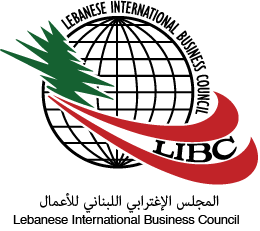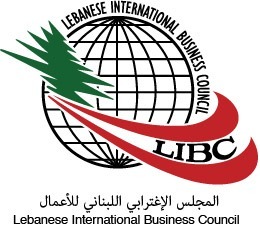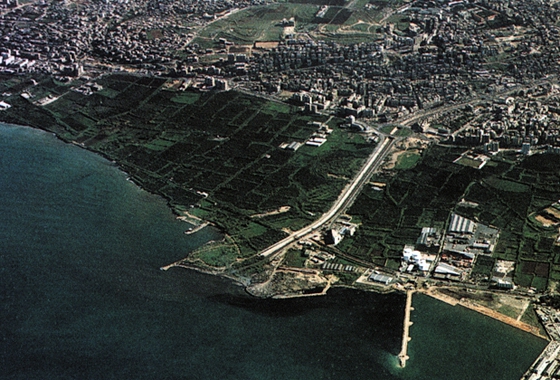China and private sector considered serious avenue for financing Tripoli infrastructure
Though the end of the conflict in Syria may be years away, Lebanon is already working to position itself as a key hub for future reconstruction efforts – primarily fueled by foreign aid.
Given its economic clout and history of investing heavily in countries throughout the region, a key partner in these efforts might be China.
“The Chinese government and private sector is a serious avenue for financing,” Raya al-Hasan, chairman of the Tripoli Special Economic Zone, told The Daily Star. “There is a mutual benefit in establishing a presence in Tripoli,” she said.
“It’s a natural location along [China’s] Silk Road initiative” – a development initiative designed to promote economic cooperation throughout countries between China and Eurasia.
China has long played a secondary role in Lebanon’s economy. Up until recently, it lagged behind Europe and the United States in terms of trade.
However, over the past several years, it has shot to the top of list, exporting nearly $3.5 billion worth of goods to Lebanon.
“Almost 12 percent of our imports are from China,” said George Andraos, head of the China desk at Fransabank, a key institution working to increase China’s presence in Lebanon. He said that number is set to increase, both in volume and in value.
Lebanese banks are going for the hard sell when it comes to encouraging this future investment. During a recent visit by a high-level Chinese business delegation, representatives from Fransabank touted Lebanon’s liberal tax policy, attractive business environment and a multitude of burgeoning sectors anxious for a quick influx of cash. Moreover, with reconstruction in Syria potentially worth billions, according to the World Bank, the Lebanese government has been increasingly trying to push the country as a logical launching point for rebuilding efforts.
Without foreign investment, however, these projects are set to falter.
“You need investors and large companies that can come in with their equipment,” Andraos said.
Due to its strategic position near the Syrian border, Tripoli has frequently been identified as ground zero for this push. “We see huge potential for Tripoli and the Special Economic Zone to attract investment, regional or local, for companies that want to participate in reconstruction,” Hasan said.
The zone, an area near Tripoli’s port with a more open regulatory and investment environment designed to attract foreign firms, is potentially set to be completed by 2020.
“Our goal is that it could serve as a base for all the equipment that will come into Syria” Andraos told The Daily Star.
“It’s in the middle of everything” he said. “The free zone will first serve as hub for shipping goods to warehouses. You can then take it to the places they need to go. It’s close to Syria and only an hour from Beirut. It’s really a very good location.”
This, he explained, is where Chinese companies may play a unique role. “We feel and have felt the interest from Chinese companies, large ones, to take advantage of Tripoli’s location for an expansion of their Silk Road strategy.”
Part of the attraction for foreign investors, said Peter Mousley, a program leader at the World Bank, is the zone’s proposed regulations.
“There are significant constraints to Lebanon’s business environment,” he said. “The idea of the zone is that it has its own regulation. It isn’t necessarily bound by the existing bureaucracy.”
However, according to Farid Abboud, former Lebanese ambassador to China, Lebanon’s hopes for a financial windfall from reconstruction efforts might be premature.
“In general, China is reluctant to engage in any internal political problems, in the Middle East or elsewhere,” Abboud said. “They don’t want to interfere in ongoing issues – that’s why they’ve focused almost exclusively on trade.”
Due to this posture, in conjunction with a generally pessimistic outlook on the possibility of a near-term cessation of hostilities, Abboud was hesitant to say that any large investments from China or elsewhere would be forthcoming.
“The impression [the Chinese] have is that the war would drag on for years. It would be the same as the Lebanese Civil War – factions, interference from outside powers,” he said. Because of this, Abboud added, Chinese businesses and the government were still skeptical, and likely to wait before investing.
Faysal Itani, a senior fellow at the DC-based Atlantic Council, emphasized this combination of political and economic uncertainty. “There’s a risk associated with American sanctions – there’s a new bill in the House now, and also the risk of default and nonpayment by parties in Syria,” he said. “I’ve talked with Chinese parties once. Their enthusiasm was under control. They’ve been approached for projects, but they aren’t all in.”
Itani said this reluctance was driven by a general sense of the immense complexity of doing business in Syria. “Even on a small level, you have to bribe people, and sometimes you don’t know who to bribe and you can get in trouble for bribing the wrong people,” he told The Daily Star.
These concerns are well-founded, Mousley said. “The timeline is so uncertain [for an end to the conflict]. If firms knew that within three years they would get demand for residential homes in Homs, they would be there,” he said. “This uncertainty over time is a very big issue for businesses looking to invest.”
He also pointed to the historically closed nature of Syria’s economy as a potential stumbling block for future investors. “Syria was a very protected economy, even before the war,” he said.
“There were a lot of restrictions on trade. There’s a sense of uncertainty in terms of the business climate and what the terms of engagement would be going forward.”
Nevertheless, Andraos was hopeful that companies would still be willing to invest – if only in preparation for an eventual peace deal.
“Even if the situation calmed down tomorrow, from the discussions we’ve had, we’ll still need years to finish the necessary infrastructure work. We need to start now.”
Source: The Daily Star


